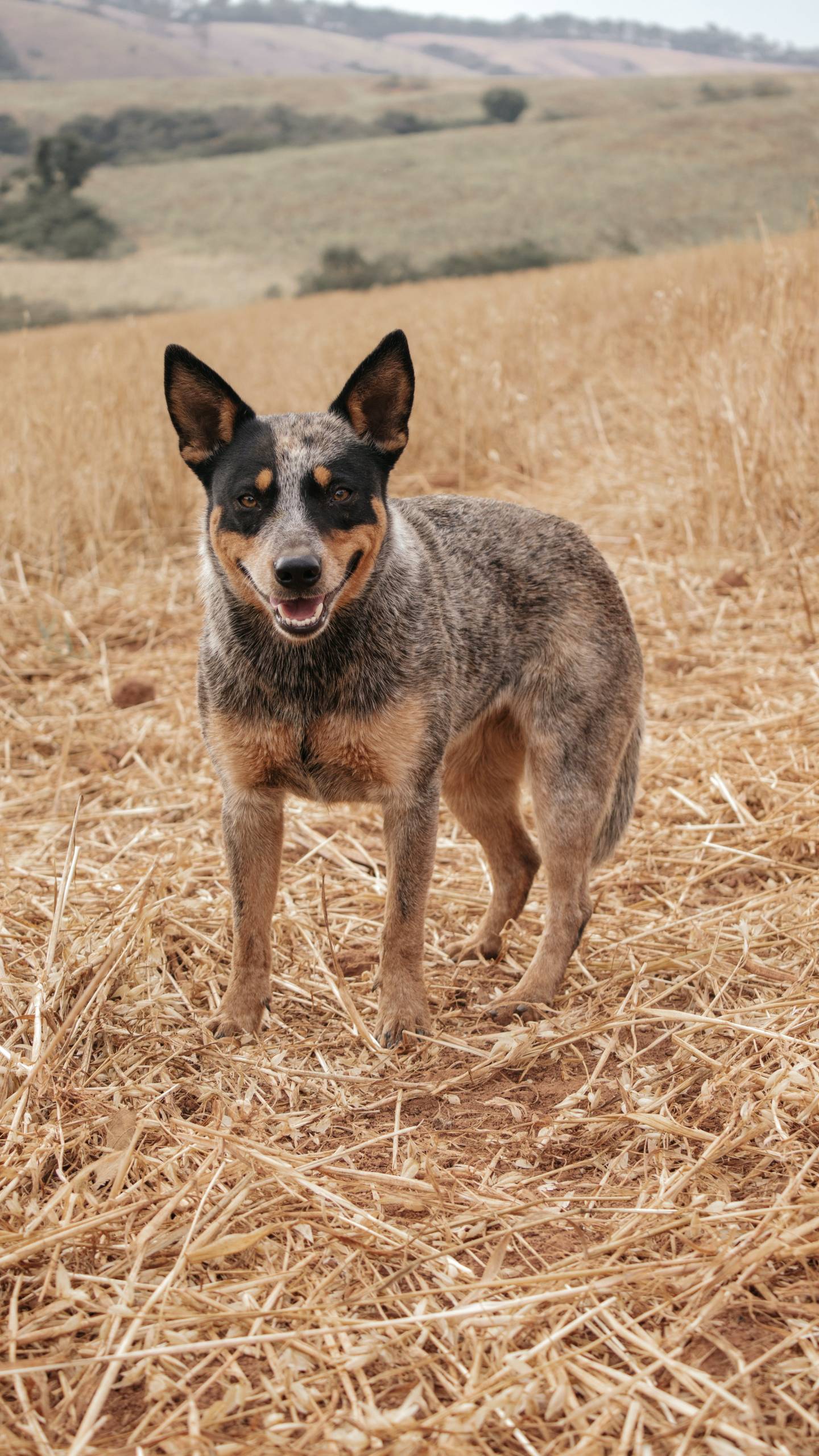
Understanding the Digestive Process
Before diving into the reasons behind your dog’s flatulence, it’s crucial to have a basic understanding of the digestive process in dogs. Just like humans, dogs break down food in their digestive system, which produces gases as a natural byproduct. These gases are typically released through burping or flatulence. However, when the gas becomes excessive, it can lead to those unpleasant odors we’re all too familiar with.
Dietary Factors
One of the most common reasons for increased flatulence in dogs is their diet. Just as certain foods can cause humans to experience gas, the same applies to our canine companions. If your dog’s diet consists of foods that are difficult to digest, such as certain grains or excessive amounts of fiber, it can lead to increased gas production. Additionally, sudden changes in diet or the introduction of new treats and table scraps can also disrupt your dog’s digestive system, resulting in more frequent flatulence.
Swallowed Air
Believe it or not, dogs, like humans, can swallow air while eating or drinking. This excess air can lead to increased flatulence. Dogs who eat too quickly, gulp their food, or eagerly lap up water are more prone to swallowing air, which can contribute to their gassy episodes. Additionally, certain behaviors, such as intense exercise immediately after eating, can also cause dogs to swallow air, leading to increased flatulence.
Underlying Health Issues
While occasional flatulence is normal for dogs, excessive or persistent gas could be a sign of an underlying health issue. Conditions such as gastrointestinal infections, inflammatory bowel disease, or food sensitivities can all contribute to increased flatulence in dogs. If you notice other symptoms, such as changes in stool, vomiting, or a decrease in appetite along with increased flatulence, it’s crucial to seek veterinary advice to rule out any potential health concerns.
Addressing the Issue
If you’re concerned about your dog’s flatulence, there are several steps you can take to address the issue. First and foremost, consider your dog’s diet. Ensure that you’re feeding them high-quality, easily digestible food that is appropriate for their age, size, and activity level. Avoid sudden changes in their diet and limit the number of treats and table scraps you offer. Additionally, be mindful of how quickly your dog eats, and consider using puzzle feeders or slow-feeder bowls to slow down their eating pace.
Seeking Professional Advice
If you’ve made dietary adjustments and are still noticing excessive flatulence in your dog, it’s time to consult a veterinarian. A professional can help rule out any underlying health issues and provide guidance on potential dietary changes or supplements that may alleviate your dog’s discomfort. Remember, your dog’s well-being is of the utmost importance, and seeking veterinary advice is essential if you have concerns about their health.
In conclusion, while dog flatulence can be a source of amusement or frustration for pet owners, it’s essential to approach the issue with empathy and understanding. By being mindful of your dog’s diet, feeding habits, and overall health, you can take proactive steps to address their flatulence and ensure they remain happy and healthy. If in doubt, always seek the guidance of a veterinary professional to ensure your dog’s well-being.
[/fusion_text]



